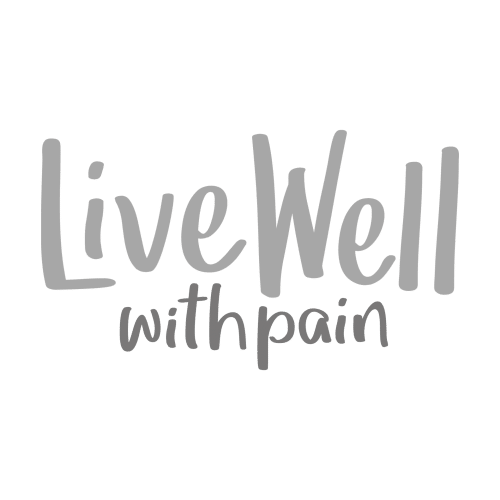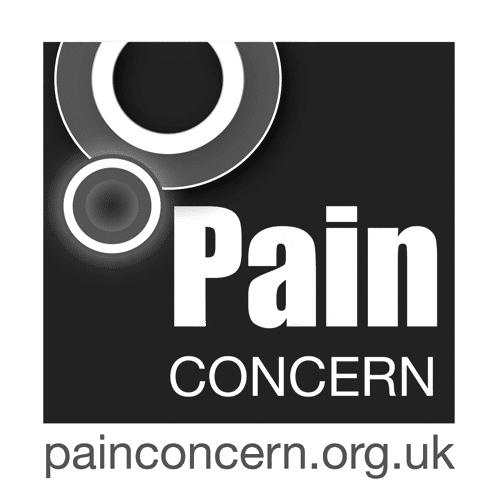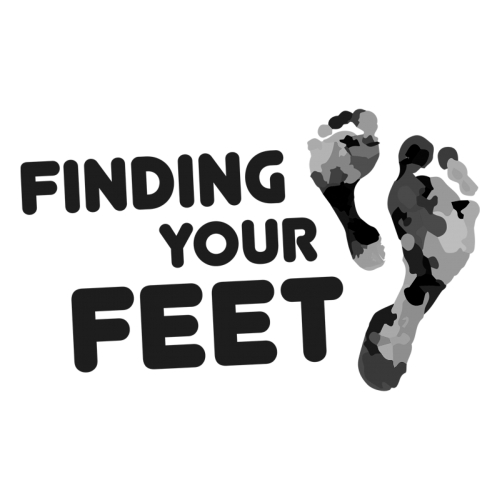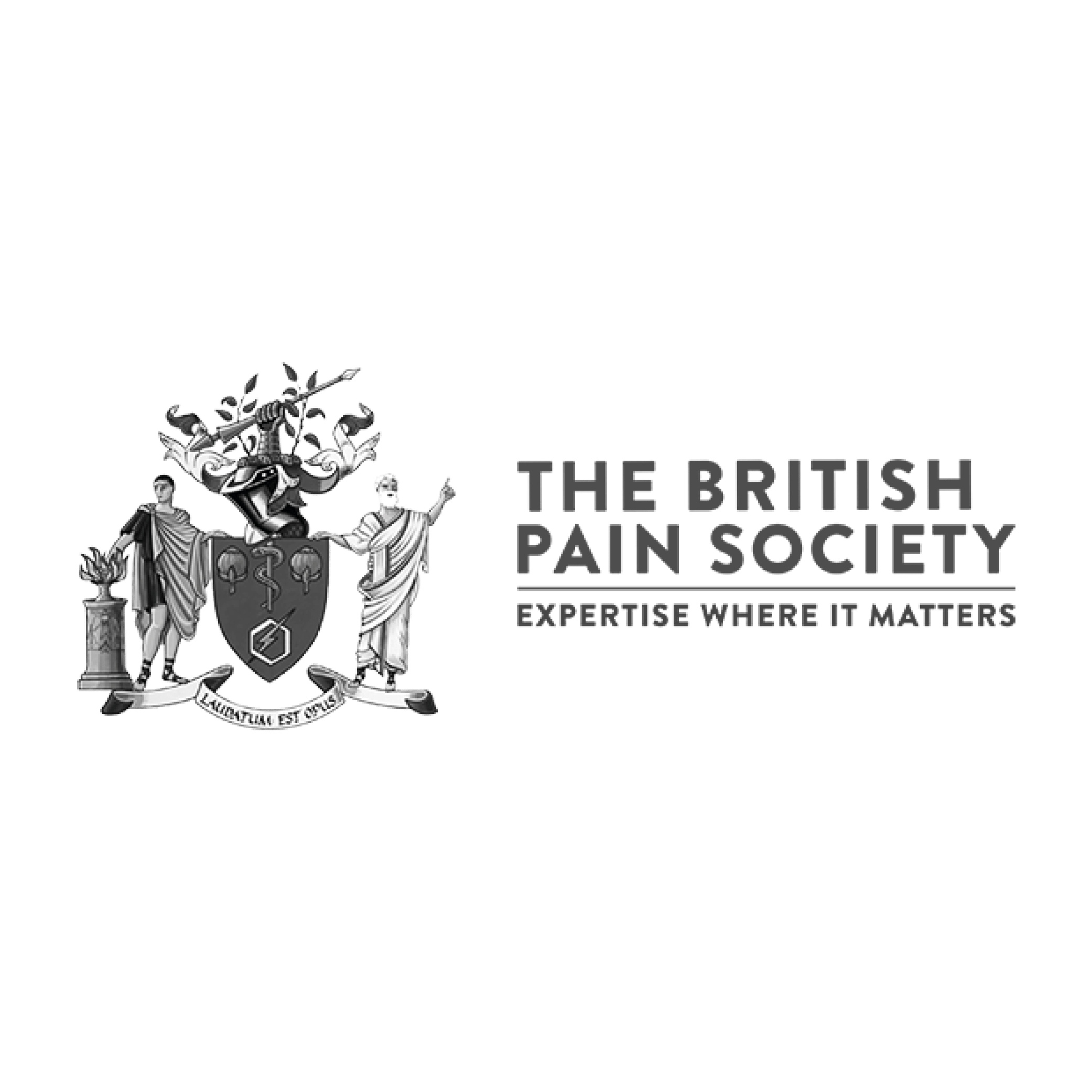Over 300 people from across the country signed up to watch our first Flippin’ Pain™ online webinar.
The event contained a panel of pain experts, including healthcare professionals and people with lived experience of pain that aimed to ‘flip’ the audience’s understanding of chronic pain, by changing how they think about it, talk about it and treat it.
The panel was led by Flippin’ Pain’s Community Pain Champion, Prof. Cormac Ryan. Cormac, a Professor of Clinical Rehabilitation at Teesside University, has over 15 years of experience in pain management research. He outlined the six key messages of the Flippin’ Pain campaign:
- Persistent pain is common and can affect anyone,
- Hurt does not always mean harm
- Everything matters when it comes to pain
- Medicines and surgeries are often not the answer
- Understanding your pain can be key and recovery is possible.
During his talk, Cormac explained how pain has many similarities with other senses within the body:
‘Start thinking as pain as a sense. Also start thinking of pain as an output, a creation of our subconscious mind. Yes, it is influenced by information from our bodies. But, just like vision, it also influenced by our previous experiences, our expectations, our attitudes. All of these things influence our pain experience.’
Prof. Ryan compared the pain nervous system to an over sensitive car alarm which sounds every time something goes near it:
‘Pain is a marker of perceived threat. Persistent pain is not so much due to tissue damage, but increased sensitivity of our body’s alarm system.’
After Cormac’s presentation, an interactive Q&A session was held between delegates and the expert panel of clinicians and those who live with persistent pain.
This included Niki Jones, 48, who has lived with chronic pain following an accident when she was 16 years old, and has severe and significantly disabling trigeminal neuralgia since 2002.
She explained how flipping her understanding of pain helped her journey towards successfully self-managing her pain:
‘I really empowered myself to manage my own pain experience. I didn’t need to rely on anybody else or any medications. I used to have to give myself Sumatripton injections. Now sometimes when I have that pain I’ll actually go on a bike ride, and that’s taken a long time to do that and it’s hard work. But it’s fun! And it’s an improvement in lifestyle so it’s really worth it.’
Also providing their expertise as part of the Q&A was Mahin Kohli, a physiotherapist specialising in pain management. He explained how enjoyable exercises outside of regular physio treatment can help the body to recover:
‘There are lots of things we can do outside the gym to help keep ourselves active that are free to do. So anything like walking can be really good and cycling and so on. But what I’d really say is pick an activity that you enjoy, focus on that activity and perhaps go down that way.’
Dr Sophie Gwinnett is a Consultant Clinical Psychologist who has worked in pain services since 2002. She provided advice for those living with persistent pain and how to keep going when experiencing pain related fatigue:
‘I think it’s really helpful just to recognise that there are limited reserves of energy and of time or finances or of all of these kind of aspects of trying to live with pain. So it’s about making meaningful choices. If you have limited energy, what really matters to you in your life? Who is it who matters? What experiences matter to you? What activities matter to you?
Should I be walking or cycling if my knees hurt? Actually, what i would say is what is right for your knees doesn’t matter. It’s about what are you going to engage in in the long term, because it brings you some element of joy. Go for what brings you joy, what gives you a sense of meaning and purpose again. Because when you’re living with chronic pain, you can feel very stuck.’
Feedback from attendees was extremely positive, with 97% of attendees saying they rated the session as ‘excellent’, and leaving the following comments:
‘The session was delivered at just the right pace in an entertaining way with the perfect balance of information for health professionals and the general public’
‘I am well verse with pain science & management but I found this session excellent as it enabled me to think about some aspects of describing pain to my patients in a different more patient friendly way. Thank you’
‘Loved the analogy of the car alarm. Excellent. Plus the recognition that chronic pain is real, even if we need to flip how we think about it. This is something I would like to work towards. It also helped to hear from someone who has been through the process. I would like to hear how the process works with comorbidities’
‘I found it very informative and it changed the way I view pain. I feel I will be less worried about it in future.’
‘It was great hearing from the experts and from someone who has actually walked the walk and is coming through the other end!
If you missed our ‘Pain: Do You Get It?’ event back in October, you can catch up below:



























